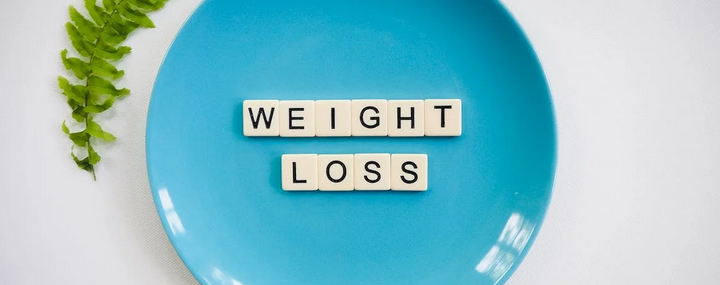Health Risks of Not Creating a Sustainable Diet Plan
Creating a sustainable diet plan is relatively easy when you think about it. You can switch from wild caught salmon to grass-fed beef and incorporate a variety of fruits and vegetables into your meals. Eating this way is beneficial for the environment and can help you maintain a healthy lifestyle in the long run.
Unfortunately, many people choose not to create a sustainable diet plan, so they are at risk of developing severe health problems. This blog post will discuss seven of the most common health risks associated with not creating a sustainable diet plan.
Poor Nutrition
A sustainable diet plan makes getting all the essential nutrients your body needs easier. Not getting enough of the necessary macronutrients, vitamins, and minerals can lead to poor nutrition and health problems such as anemia, fatigue, weak bones and teeth, digestive issues, and skin problems.
Weight Gain
Without a sustainable diet plan, you are more likely to indulge in unhealthy snacks and meals, which can lead to weight gain. Eating too many of the wrong foods can also cause your body to store fat as an energy source, increasing body mass index (BMI). Being overweight has been linked to various health conditions, such as heart disease, diabetes, and certain types of cancer.

Poor Metabolism
With a sustainable diet plan, your metabolism may thrive due to the lack of essential nutrients. Your body needs the right balance of nutrients to function properly, and when it is not getting enough of them, it can cause your metabolism to slow down. This can lead to fatigue, weight gain, and difficulty losing weight.
Weak Immune System
A healthy immune system is essential for fighting diseases and keeping you healthy. A lack of nutrients in your diet can make it difficult for your body to fight infections and illnesses, leaving you vulnerable to various health problems.
Insulin Resistance
Insulin resistance is when your body does not respond appropriately to insulin, the hormone that regulates blood sugar levels. It can lead to an increase in blood sugar levels and eventually diabetes if left untreated. A sustainable diet plan makes controlling your blood sugar and preventing insulin resistance much easier.
Low Energy Levels
A lack of essential nutrients can lead to fatigue and low energy levels, making staying active and productive throughout the day difficult. Eating healthy foods rich in proteins, vitamins, minerals, and antioxidants will help boost your energy levels naturally.
Mental Health Issues
Without a sustainable diet plan, you are more likely to develop mental health issues like depression and anxiety. Eating healthy foods can help improve your mood, reduce stress levels, and increase your overall energy and motivation.
Creating a sustainable diet plan is essential for maintaining a healthy lifestyle. Include plenty of fresh fruits and vegetables, lean proteins, healthy fats, and complex carbohydrates. It will help ensure you get all the essential nutrients your body needs for optimal health.
If you need help creating a sustainable diet plan, speak to a qualified nutritionist who can provide tailored advice and guidance.…



